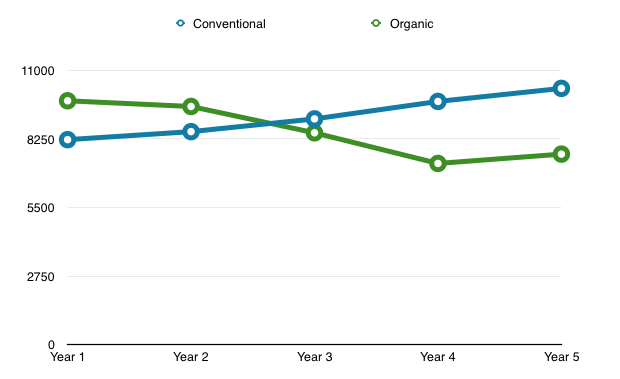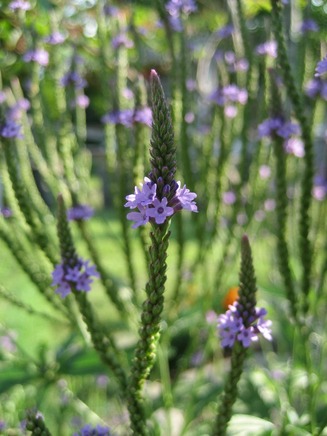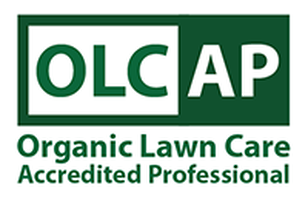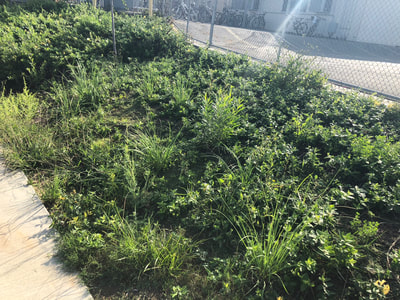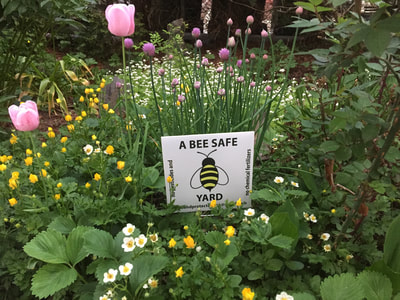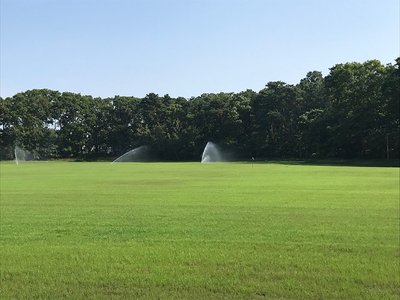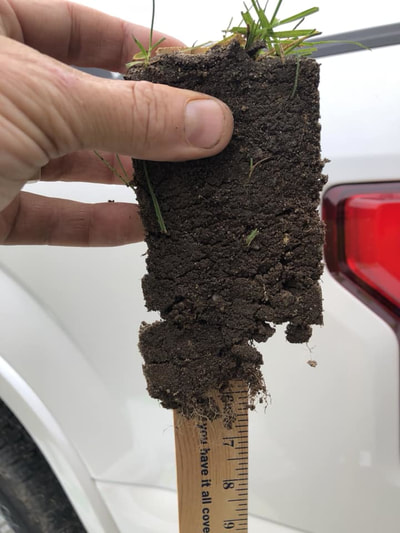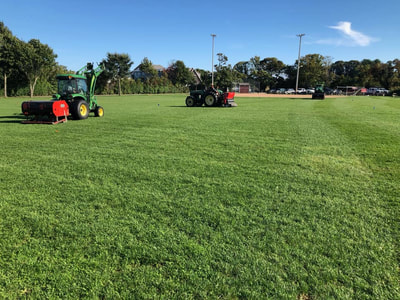At the grassroots level, people are beginning to request and in some cases demand, non-toxic alternatives to current management practices. - Organic Landscape Association
LEARN THE BENEFITS OF IMPLEMENTING
AN ORGANIC PROGRAM
|
Improve overall health, carbon storing capacity, and water retention of soil in turf fields and landscapes without use of toxic chemicals or synthetic fertilizers. Reduce use of fertilizers, thereby alleviating runoff of nitrogen and toxic chemicals into waterways. The need for less irrigation, which conserves water and saves money. Protect wildlife, pollinator health and other natural resources. |
Provide a healthier environment for children, workers, and all others using landscaped areas. Reduce the potential of future lawsuits due to exposure to toxic chemicals that cause cancer and other health issues. Raise awareness as to the benefits of organic landscape management, and set a positive example for the surrounding community. For example, allowing for the creation of educational pollinator and vegetable gardens and opportunities for positive media reports. |
Organic Turf Costs Less
Studies find that for every one percent of organic matter content added to soil (for example, through the addition of compost), the soil can hold an additional 16,500 gallons of plant-available water. For every one percent of organic matter added, each cubic foot of soil will be able to hold an additional 1.5 quarts of water. In practice, this can result in reduced watering costs for lawns and landscapes.
|
A report comparing annual maintenance costs for a typical 65,000 square foot high school football field over 5 years using both conventional and organic management techniques finds that once established, an organic turf management program can result in savings of greater than 25% compared to a conventional turf management program. |
Organic Management Works
|
The Canadian Association of Physicians for the Environment (CAPE) have found that weed control is successful without the use of toxic pesticides. CAPE surveyed officials in six different municipalities and found that not only are alternatives to conventional methods effective, but they also do not cost more.
|
|
According to the Florida Wildflower Foundation, "A 2014 report concluded that Florida Department of Transportation (FDOT) could reduce right-of-way (ROW) vegetation management costs by 30% simply by implementing sustainable management practices such as reduced mowing. The report also conservatively estimated that roadside vegetation along the state highway system would provide ecosystem services valued at about $1 billion if such practices were used."
|
Organic Practices Help Combat Climate Change
|
Organic soil has been found to have 26 percent more long-term carbon storage potential than conventionally managed soil. In a large scale study, scientists at Northeastern University found a lack of humic substances in conventional soil samples - this is an important part of healthy soil organic matter. The study concluded that organic practices support healthy soils and build or maintain soil organic matter more effectively than conventional. |
ORGANIC LAND CARE STANDARDS
NOFA Standards for Organic Land Care, 6th Edition - The Northeast Organic Farming Association (NOFA) Standards are the foundation of the NOFA Accreditation course in Organic Land Care. Available in Spanish
Organic Land Care Best Management Practices Manual - A guide to recommended practices and practices to avoid when conducting effective organic land care.
Organic Land Care Best Management Practices Manual - A guide to recommended practices and practices to avoid when conducting effective organic land care.
SEARCH FOR PROFESSIONALS
LEARN MORE
PHOTO GALLERY
Click on photos to scroll through and view captions.
